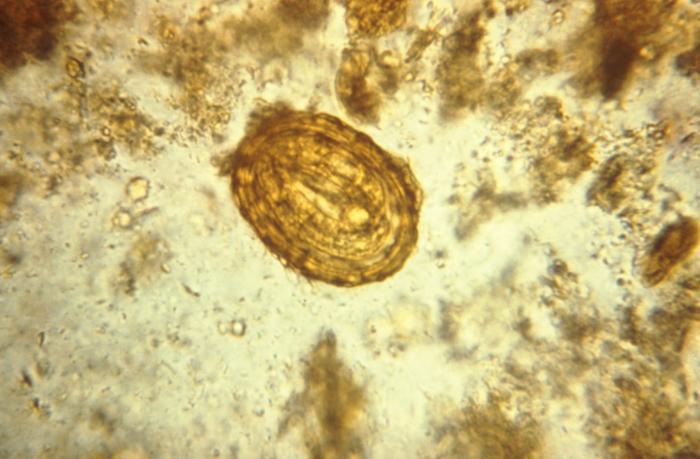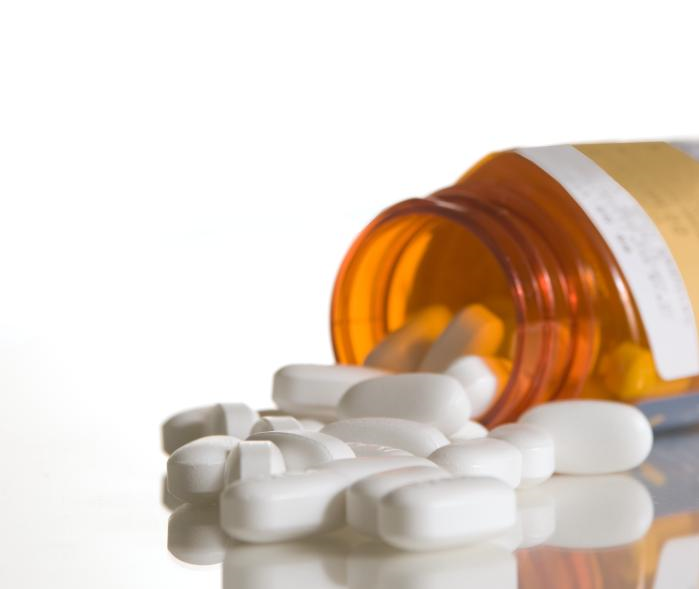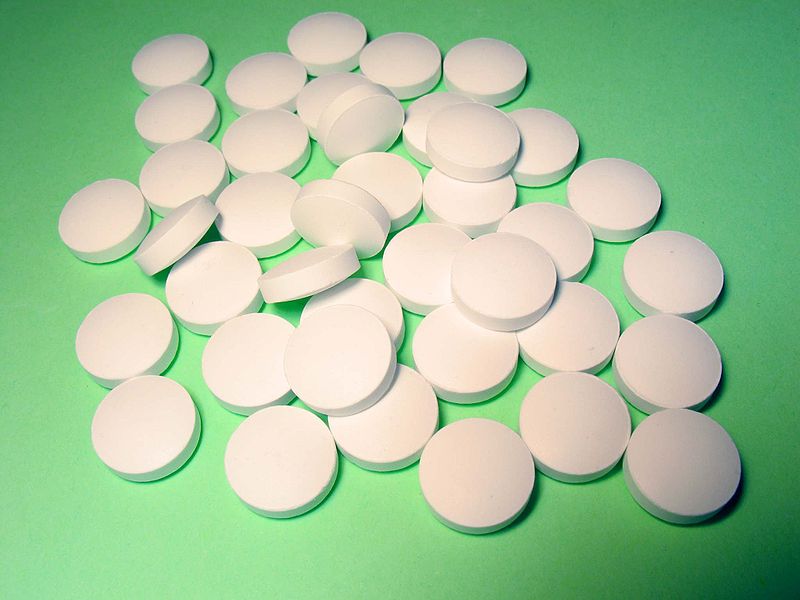Drug enzyme interaction is similar to drug receptor interactions. The drugs resemble the natural substrates, bind enzymes and cause change in their activity. This may take place by:
- Activation of enzymes
- Inhibition of enzymes
In therapeutic drugs causing inhibition on enzymes are generally used. This combination of drugs with the enzyme may be:
- Competitive
- Non competitive
Non competitive response is irreversible until new enzyme is generated.
Examples of Competitive Inhibition
- ACE inhibitors e.g., captopril
- Carbidopa——-Levodopa
- Ethanol———-Methanol
- Reversible anticholinestrases e.g., Neostigmine, physostigmine
- Disulfiram——Alcohol
- Allopurinol
1. ACE inhibitors(angiotensin converting enzyme inhibitors)
ACE inhibitors convert angiotensin I into angiotensin II, which is a potent vasoconstrictor. ACE inhibitors are used in the treatment of hypertension.
2. Levo dopa
Levo dopa is metabolized by dopa decarboxylase in the periphery. Carbidopa competes with levo dopa for the dopa decarboxylase enzyme. Thus peripheral metabolism of levo dopa is decreased, more levo dopa enters brain producing more efficacy.
3. Ethanol
Ethanol (alcohol) undergoes metabolism in body in two steps:
a. Ethanol is converted into acetaldehyde by alcohol dehydrogenase
b. Acetaldehyde is converted into water and carbon dioxide by aldehdyde dehydrogenase.
4. Neostigmine
Neostigmine acts as a reversible acetylcholine esterase inhibitor. Thus in treatment of myasthenia gravis, acetyl choline levels are reversibly increased in the NMJ.
5. Disulfiram
Disulfiram is used in alcohol aversion therapy. It inhibits aldehyde dehydrogenase enzyme. When patient takes alcohol, increase in plasma levels of acetaldehyde cause bad symptoms like nausea, vomiting and flushing.
6. Allopurinol
Allopurinol is used in treatment of gout. Xanthine oxidase is inhibited which converts xanthine and hypoxanthine into uric acid.
Non Competitive Inhibition
The effects of non competitive inhibition are prolonged. These include:
- Irreversible anticholinestrases e.g., Organophosphate compounds
- Aspirin
- MAO Inhibitors e.g., Iproniazid, Phenelzine
- Proton Pump Inhibitors e.g., Omeprazole, Esomeprazole
1. Irreversible anticholinestrases
These include the insecticides and the war gases. These are toxic compounds which can be absorbed through the skin.
2. Aspirin
Aspirin is an analgesic used in headache, it inhibits cyclooxygenase enzyme in the platelets. It inhibits the synthesis of prostaglandins especially thromboxane A2. Life of platelets is only seven days. On maintenance therapy, aspirin is taken in low doses by cardiac patients.
3. Monoamine oxidase inhibitors
These are used to treat depression. They inhibit the monoamino oxidase enzyme which breaks down catecholamines. Thus decreased levels of noradrenalin and serotonin are coped by MAO inhibitors and increased levels are achieved.
4. Proton pump inhibitors
Proton pump inhibitors inhibit the hydrogen potassium ATPase in parietal cells of stomach, thus inhibit HCl secretion.
Up Next
|
Previous |
 howMed Know Yourself
howMed Know Yourself




